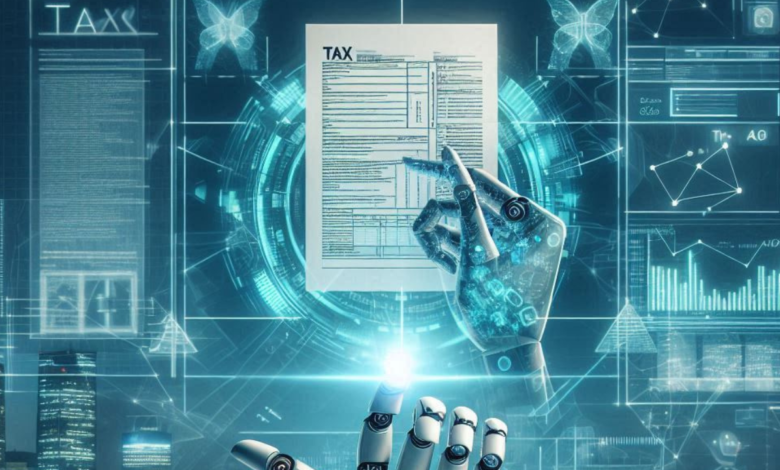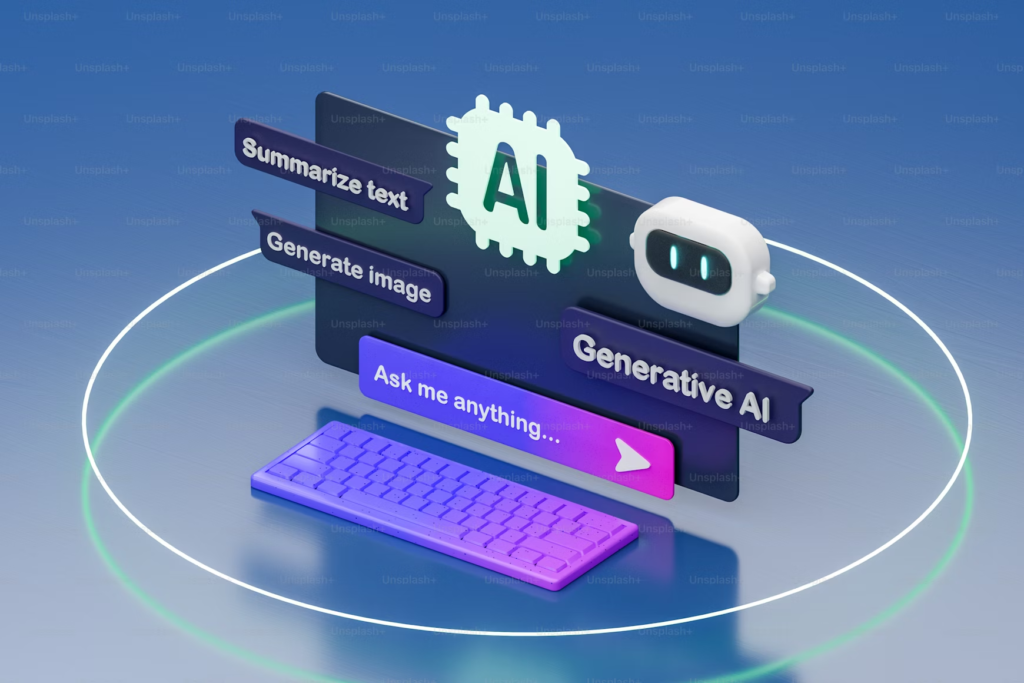
Generative AI is changing the world and impacting almost every industry. Now, it is set to change the tax industry and the approach to tax research, filing, and advice.
It would not be wrong to say that Gen AI revolutionized the tax industry, taking the burden off the shoulders of tax professionals by eliminating some very time-consuming tasks they face, specifically during the tax season, including client queries, complex tax scenarios analysis, IRS notice replies, memo writing, and tax filing.
The Current State of the Tax Industry
The tax industry has been characterized by complex regulations, time-consuming processes, and the constant challenge of staying compliant with ever-changing tax codes for decades. If we talk about the US tax code, it’s almost incomprehensible with the federal, state, local, and territorial taxes. Tax professionals have long grappled with:
- Manually interpreting and applying intricate tax laws
- Balancing compliance with strategic tax planning
- Keeping up with frequent regulatory changes
- Time-intensive data entry and calculations
- The risk of human error in tax preparation and filing
These challenges have created a pressing need for innovation in tax practices, and Gen AI can help tax accountants address these issues.
How Generative AI is Transforming Taxes

Tax Research
Tax research has long been one of the most time-consuming processes for tax professionals; they spend a large portion of their time finding the relevant tax laws and their interpretations for specific client queries and tax scenarios.
But now, after Gen AI entered the tax industry, this has become easier with the AI tax research tools trained specifically in tax data models that help tax professionals answer their tax questions and complex tax scenarios and help with tax writing. One such tool that is becoming popular in the tax industry is TaxGPT.
Enhanced Data Analysis for Tax Planning
Previously, tax pros needed to analyze data manually; historically, Google has served as a decent resource for tax professionals. However, Google doesn’t always provide direct answers to complex tax scenarios. For that, tax professionals may spend hours digging through countless links, scouring various publications, and cross-referencing authoritative guidance.
However, the question remains: is the information available on the website correct and appropriate to the query? TaxGPT solves this with the help of Gen AI and their in-house trained data models, which provide direct answers to the query with authoritative sources by analyzing the most relevant data sources and regulatory changes in real-time.
Generative AI can also provide insights for strategic tax planning. It can identify patterns and opportunities humans might overlook, leading to more effective tax strategies for businesses and individuals.
Improved Accuracy in Compliance
The human eye can make errors and oversee essential tax laws that need attention and raise flags of noncompliance that result in hefty penalties. However, AI-driven systems can cross-reference data points, flag inconsistencies, and ensure adherence to the latest tax regulations. This significantly reduces the risk of errors and potential audits, providing peace of mind to both tax professionals and their clients.
Specific Applications of Generative AI in Tax
The potential of Generative AI in the tax world is vast. Here are some specific applications that are already making waves:
Tax Code Interpretation and Summarization
Generative AI can quickly analyze and summarize complex tax codes, making them more accessible to both professionals and laypeople. This capability ensures that tax advisors can stay up-to-date with the latest regulations without spending hours poring over dense legal texts.
Predictive Analytics for Tax Liability
AI processes historical financial data and current market conditions to predict future tax liabilities with remarkable accuracy. This foresight helps businesses and individuals plan ahead and make informed financial decisions.
Responses to Tax Authority Inquiries
When tax authorities request additional information or clarification – or even penalty notices, for example, CP2000 notices: tax accountants can draft responses based on the available data and relevant tax laws with the help of TaxGPT’s tax writer. This speeds up the communication process and ensures consistent, accurate replies.
Personalized Tax Planning Recommendations
Generative AI can create tailored tax planning strategies by understanding an individual’s or business’s financial situation, goals, and risk tolerance. These personalized recommendations can help maximize deductions, minimize liabilities, and achieve long-term financial objectives.
Benefits of Generative AI in Tax
The integration of Generative AI into tax practices offers numerous benefits:
1. Time and Cost Savings: Automation of routine tasks frees up valuable time for tax professionals to focus on higher-value activities.
2. Reduced Human Error: AI-driven processes minimize the risk of mistakes in calculations and data entry.
3. More Strategic Use of Expertise: Tax professionals can shift their focus from number-crunching to providing strategic advice and interpretation.
4. Improved Client Experiences: Faster processing times, more accurate returns, and personalized advice lead to higher client satisfaction.
5. Continuous Learning: AI systems can quickly adapt to new tax laws and regulations depending on their data model training, ensuring always up-to-date compliance.
Challenges and Considerations
While the benefits are significant, the adoption of Generative AI in tax also presents some challenges:
Data Privacy and Security Concerns
Handling sensitive financial information requires robust security measures. Ensuring the privacy and protection of client data is the most important when implementing AI systems.
Ethical Implications of AI-Driven Decisions
As AI takes on more decision-making roles in tax planning and preparation, questions arise about accountability and the ethical use of AI in financial matters.
Need for Human Oversight and Interpretation
While AI can process and analyze data at unprecedented speeds, human expertise remains necessary for interpreting complex scenarios and making nuanced judgments.
Final Thoughts
Generative AI is transforming the tax industry by enhancing efficiency, accuracy, and strategic planning. Tax professionals must adopt new technologies while applying their human judgment and problem-solving skills.
The future of taxation depends on integrating artificial intelligence with human expertise. Embracing this change allows professionals to improve their practices, add value for clients, and shape the industry’s future.
Those who leverage Generative AI will be best positioned to thrive in the evolving tax landscape.





